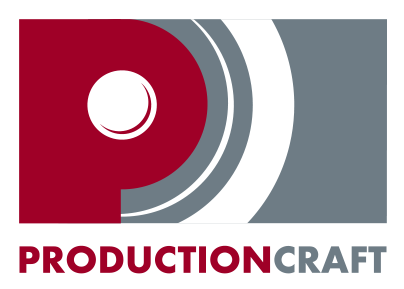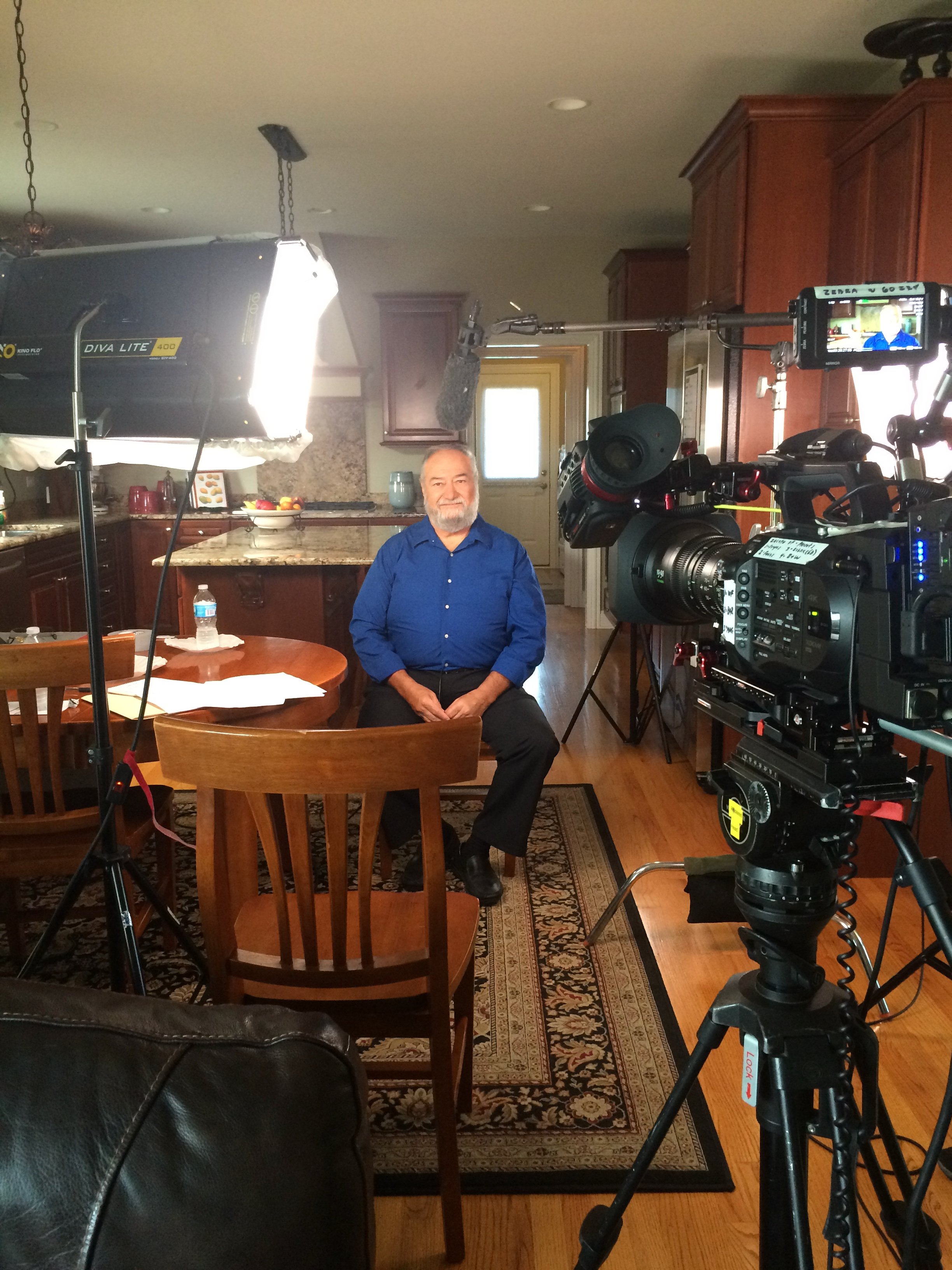Don’t Be Nervous! How to Conduct a Great Interview Part One: Before the Interview
Production Craft’s Producer/Director Dawn Arnold shares her advice as an experienced interviewer working in video production services.
Interviewing has always been a part of my work at our Chicago video production company. It might seem like a skill that’s only necessary for specific projects, but even corporate or marketing video productions will require interviews. A video production agency needs to be able to send someone who can confidently sit down with another person for a relatively candid on-camera talk.
When I first started, conducting an interview was nerve-racking. Would I ask the right questions, would I get the best responses, would the interviewee be comfortable and natural on camera? I’ve learned that if I was nervous, so were they. Now the interview is my favorite part of video production. I love meeting new people and learning about their lives, their jobs, their mission, and the ideas they have to share. I love helping them craft their message on camera and engage audiences. In this first part of a two-part blog series, I will go over everything you should be thinking about before the interview to set yourself up for success.
Preparation
There’s so much about the interview setting that makes it feel more like a performance than a casual conversation. There are cameras, lights, crew members, and only so much time to get the footage you need before the video equipment rentals need to be returned. The people and location all have their specific windows of availability and you are sitting down on the day that it all somehow lined up, so the clock is ticking.
Before you sit down with this person, before the camera starts recording, even before the crew is on the clock and filling their workplace with lights, extension cords, and c-stands – what can you do to prepare?
Do your homework.
Learn about the subject to be discussed and something about the person you will be talking to if possible. As you study up, you’ll have a better understanding of what this interview can provide to the project and how to get the most out of your limited time with your interviewee.
Take some time and do a pre-interview if you can. Just like your research, a pre-interview discussion will help you better understand your subject and their story. You will also have an easier time on camera with them if you provide the interviewee with details on the expected conversation. Let them know what to expect in terms of your objective or the general scope of what will be covered.
Keep in mind though, this isn’t a rehearsal. Don’t provide a list of questions if not required. Many interviewees will overprepare and memorize answers which will make them sound stiff and unnatural.
Provide clothing information so they look their best on camera. People may not know what’s appropriate for this setting and might not even think about it until the day of the interview. You can make it easy for them if you just let them know what you have in mind.
Be respectful of their time.
Give your interviewee an idea of how much time it will take and do your best to stick to it. You want this person to be a cooperative collaborator through the interview and it’s difficult to stay patient when it’s for an undetermined amount of time.
Keeping things Comfortable
The pre-interview discussions should help ease the tension prior to the shoot for the interviewee. They want to do their best on-camera too, and you can help them feel more comfortable with this process as you do your own preparations. Even if you’ve established a rapport and they are happy to talk to you, the reality is most people are nervous on camera.
The interviewee’s comfort can waver when it’s time to roll. Depending on the project, your crew size can vary from 1 or 2 technicians to a large team of people buzzing around: touching up makeup, placing microphones, getting light readings. If it’s a big production, it may make the interviewee feel like they’ve just walked onto an active construction zone or the trading floor of the New York Stock Exchange. Even a smaller production can make their once familiar environment seem foreign as it turns into a makeshift video production studio. There might be a gaffer struggling with a light, muttering as it flickers on and off. The interviewee might be asked to hold up a palette for color temperature or to clap for sound. These are all things to consider when it comes to fostering respectful on-set etiquette, but—come what may—you’ll be the one sitting down with them and yours is the most important relationship in this room.
Try to get them to forget about the gear and think about the subject. Actors and seasoned on-screen talent understand how much of their job is waiting quietly for crew to adjust things until they are needed. That might be a bit uncomfortable for your interviewee though. So if you’re sitting with them, keep them company. Find a commonality for casual chit-chat while the crew is finishing set-up. Don’t talk a lot about what you will discuss in the interview before it starts so the content will be fresh on camera. Just be social and present with this person. Even if the crew and production haven’t shaken their nerves, the camera and microphone might give them a feel of being examined.
Make sure you are having a conversation, not an interrogation.
This starts with how you speak to them before the cameras start rolling and even how you place them on camera. If it fits with the format of the video, have them look at you and not at the lens. It’s usually easier and more comfortable for non-professional talent to look at a person.
At this point, you are set up for success and ready to have a comfortable and productive conversation.
Find out in part two what to do during the interview to make sure you are getting the best answers and the most useful footage possible.
Production Craft, Inc. is a video production company based in Chicago, serving markets worldwide.
We are proud to be a Women Business Enterprise (WBE) certified by the State of Illinois Business Enterprise Program (BEP) and the National Women Business Owners Corporation (NWBOC).




